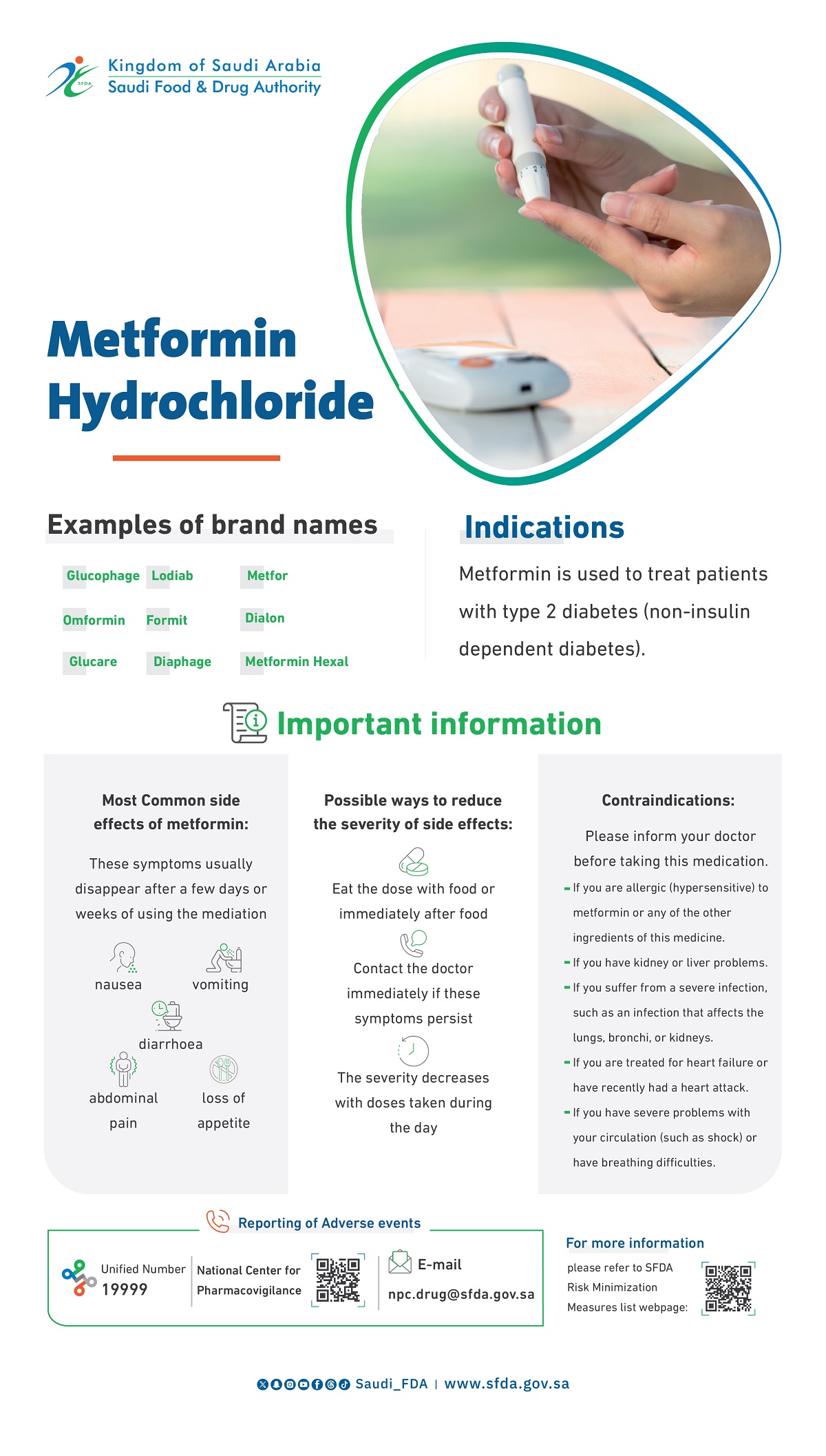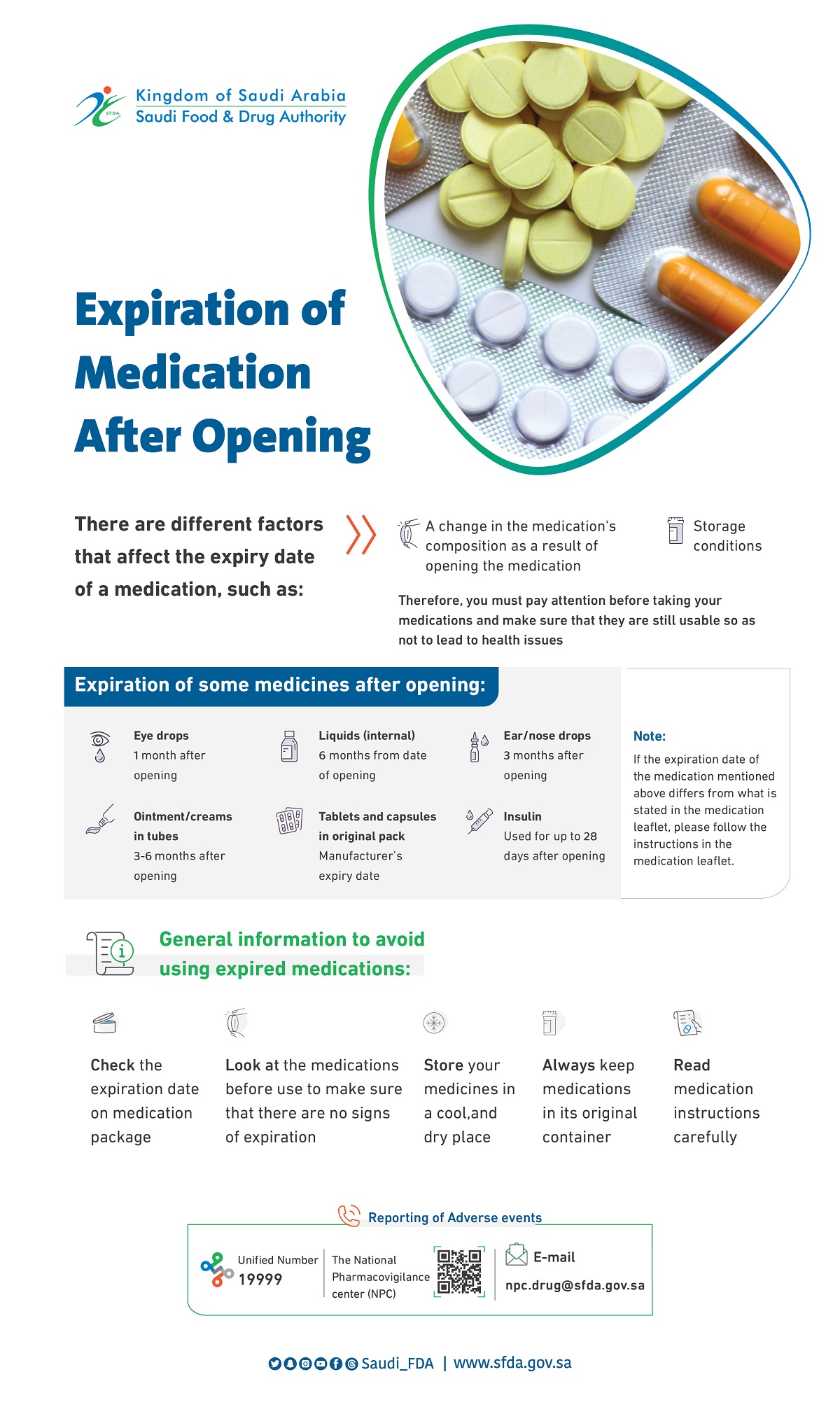

-
About SFDA
About SFDA
SFDA in vision 2030
Authority Strategy
Career and Life
- Information Lists
-
Areas
- Consumer Corner
- Media Centre
- Eservices
INTERFERON-INDUCED PROLONGED BIOCHEMICAL RESPONSE REDUCES HEPATOCARCINOGENESIS IN HEPATITIS C VIRUS INFECTION
INTERFERON-INDUCED PROLONGED BIOCHEMICAL RESPONSE REDUCES HEPATOCARCINOGENESIS IN HEPATITIS C VIRUS INFECTION
INTERFERON-INDUCED PROLONGED BIOCHEMICAL RESPONSE REDUCES HEPATOCARCINOGENESIS IN HEPATITIS C VIRUS INFECTION
2007-09-04
The aim of this study was to elucidate indicator of interferon (IFN) therapy for reducing hepatocellular carcinoma (HCC) in chronic hepatitis C patients without eradicating hepatitis C virus (HCV) RNA during IFN therapy. Inclusion criteria were biopsy-proven chronic hepatitis or liver cirrhosis, IFN period for more than 1.5 years and persistently positive HCV-RNA during IFN therapy. Two hundred thirty-six patients satisfied above criteria were treated with IFN for 1.5-5 years (median 1.8 years, mean 2 years). Mean age was 55.1 years and male was 145(61%). Eighty-one (34%) patients had severe fibrosis of the liver. These patients were prospectively monitored about HCC after the termination of IFN therapy. We regarded biochemical response (BR) as normalization of serum aminotransferase and alpha-fetoprotein for more than 1 year during IFN therapy. Cumulative rate of development of HCC after the termination of IFN therapy was 9.1% at 5th year and 26.5% at 10th year. Cox proportional analysis showed that HCC development after the termination of IFN therapy occurred when histological staging was advanced (P < 0.0001) and BR was not achieved (P = 0.009), age was >60 years (P = 0.026). The relative risk of HCC development in patients with BR was 0.36 compared with patients without BR. The attainment of BR during IFN therapy is effective in reducing hepatocarcinogenesis for patients with chronic HCV infection.
Source : Journal of Medical Virology
15 Aug 2007




